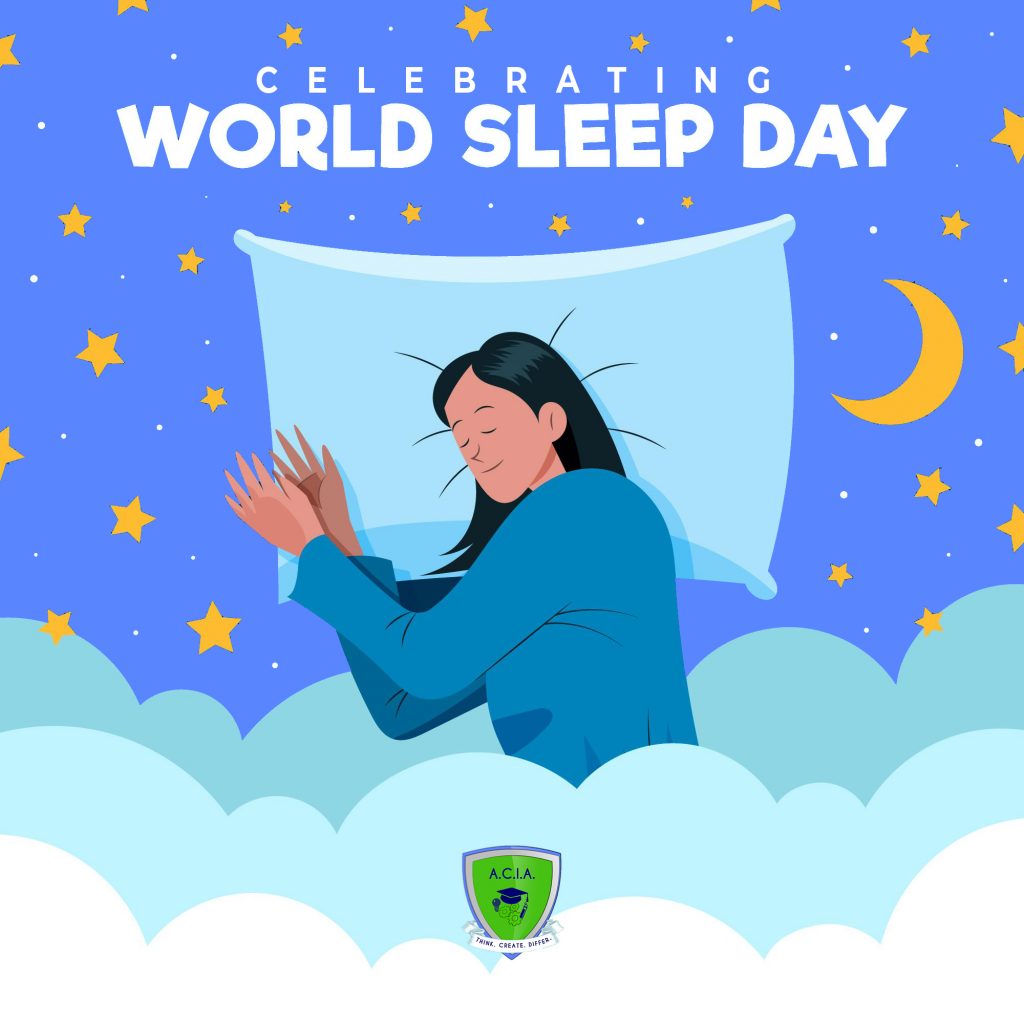CELEBRATING WORLD SLEEP DAY
So, how do you get a good night’s sleep?

Here are some expert tips…
Find time to relax
Take a warm bath or shower, as it will help your body reach an ideal temperature for sleep. Studies show that taking a warm bath 90 minutes before bed doesn’t just improve sleep quality, it also allows for deeper sleep. This time of the day needs to be about winding down, and a guided meditation, or breathwork can be all you need to relax your mind before you attempt to sleep. Reading a book is also a calming option that can help you get into that sleep-mode.
Avoid technology
Powering down and avoiding technology for an hour or so before bed is beneficial for a good night’s rest. Smartphones, computers and TVs all emit a blue light, which has a negative effect on sleep quality. The exposure to this blue light suppresses the production of melatonin, which is a hormone that induces sleepiness. During the day this can be an advantage to keep you alert, but at night it can have a serious impact on your sleep.
Caffeine consumption
Try to avoid consuming caffeine later in the day. Drinking coffee after 3pm isn’t recommended as it will most likely disrupt your sleep. Even small amounts found in chocolate or painkillers can be enough to have an effect. Caffeine is a central nervous system stimulator, and reduces total sleep time and sleep efficiency – it can also worsen perceived sleep quality.
Consistency of sleep
The recommended amount of sleep for an adult is at least seven hours a night. If you can stick to going to bed and getting up at the same time every day, the consistency reinforces your body’s sleep cycle. Regularity is important for stabilising your internal biological clock, allowing you to fall asleep and maintain uninterrupted sleep.
Regular exercise
Physical exercise during the day is an effective approach to make you drift off quicker, and have better quality sleep. Relaxation exercises such as yoga are known to relax muscles and have a calming effect. Going for a walk is one of the best forms of exercise that can benefit your sleep, as it will increase your exposure to natural light. This bright, natural light during the day will help you keep your circadian rhythm healthy – which in turn will also have a positive effect on your mental health.

